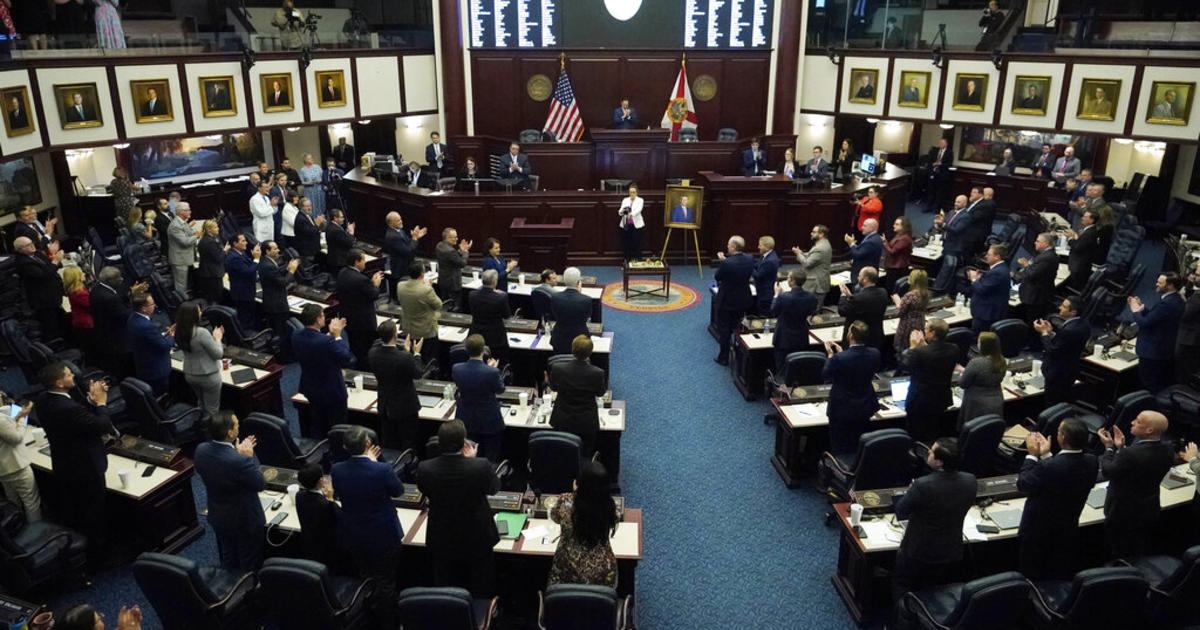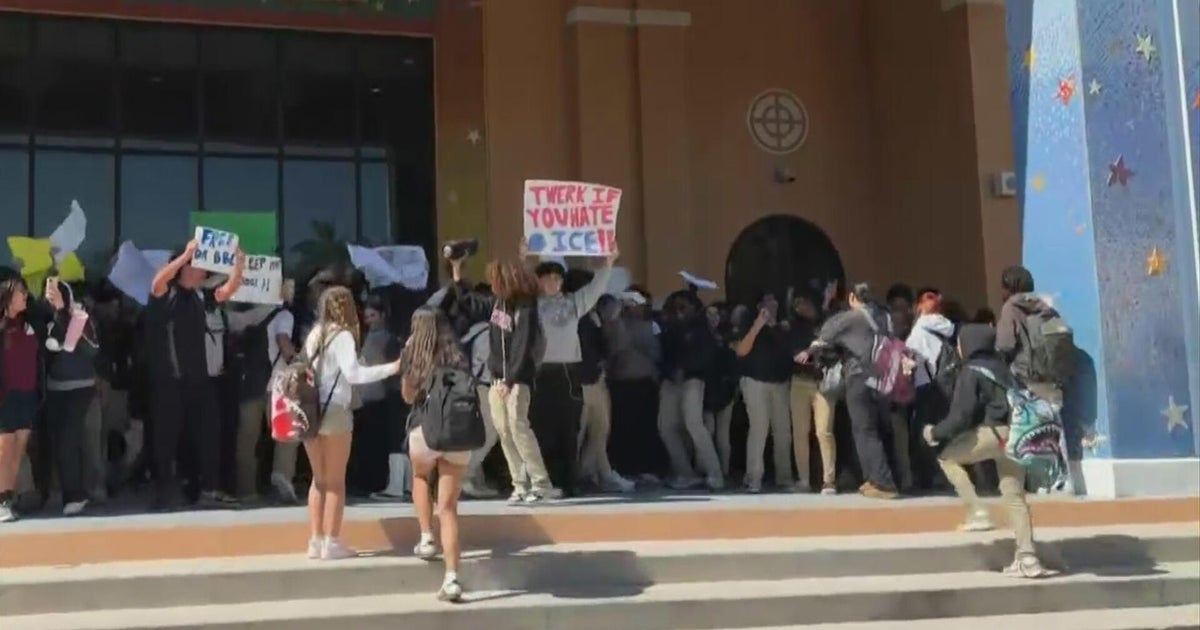A Florida House panel Monday began a two-day review of property taxes as it looks at potential changes that could have a major impact on local governments.
Gov. Ron DeSantis is pushing lawmakers to put a proposed constitutional amendment on the 2026 ballot to reduce or eliminate taxes on homesteaded properties.
As it gears up for the 2026 legislative session, the House Select Committee on Property Taxes on Monday received presentations about issues such as school funding and rural “fiscally constrained” counties that have limited tax bases.
Challenges for small municipalities
Though the committee is weeks from crafting proposals, Rep. Vicki Lopez, a Miami Republican who co-chairs the panel, said cutting property taxes could lead people to face questions such as whether small towns could continue to maintain existing services.
“We’re educating, obviously, right now committee members, but hopefully the public is listening to what that would mean in terms of reduction of any kind of revenue in their communities,” Lopez said.
Lopez said one option could be for some municipalities to “fold back into the county” if property-tax revenue is reduced.
“Look at Holmes County. It’s a fiscally constrained county. Has approximately 15,000 people living in the county. It has five municipalities,” Lopez said. “They will have to ask themselves … does it make sense? Because, again, this has to make sense for the taxpayer, right, not for the actual government subdivision.”
Consolidation and fiscal solutions
Committee Co-Chairman Toby Overdorf, R-Palm City, said small local governments could also consider consolidating services with other small governments.
“Are they going to be able to possibly look at health care across their municipality lines?” Overdorf said. “Are they going to be able instead to look at different ways of doing it that many of us in business have had to do?”
The Florida Association of Counties and Florida League of Cities, along with the governor’s Florida Department of Government Efficiency, are set to make presentations to the committee on Tuesday.
The committee will hold additional meetings and is expected to offer proposals before the January start of the 2026 session.
Potential policy changes
When he established the committee this spring, House Speaker Daniel Perez, R-Miami, outlined a series of potential changes to consider, including boosting the homestead exemption to $500,000 for non-school property taxes; allowing the Legislature to raise the homestead exemption without needing voter approval; changing a cap on annual increases in assessed values; and prohibiting local governments from foreclosing on homesteaded property for unpaid taxes.
Homeowners can qualify for homestead exemptions from local government and school district taxes on the first $25,000 of the assessed values of their primary properties and from local government taxes on the value between $50,000 and $75,000.
Increases in the assessed taxable values of homesteaded property are capped at 3 percent a year or the percent change in the Consumer Price Index, whichever is lower.
Statewide, 27.9 percent of homes are valued at $250,000 or less, according to information presented Monday. In fiscally constrained counties, which are generally inland, the majority of homes are priced at $250,000 or less.
How to deal with the fiscally constrained counties will likely be a key issue in the coming months. During an appearance in June, DeSantis estimated that eliminating taxes from homesteaded properties in those counties would cost roughly $300 million, which he said the state could cover.
“I’m just telling you that is budget dust,” DeSantis said.



